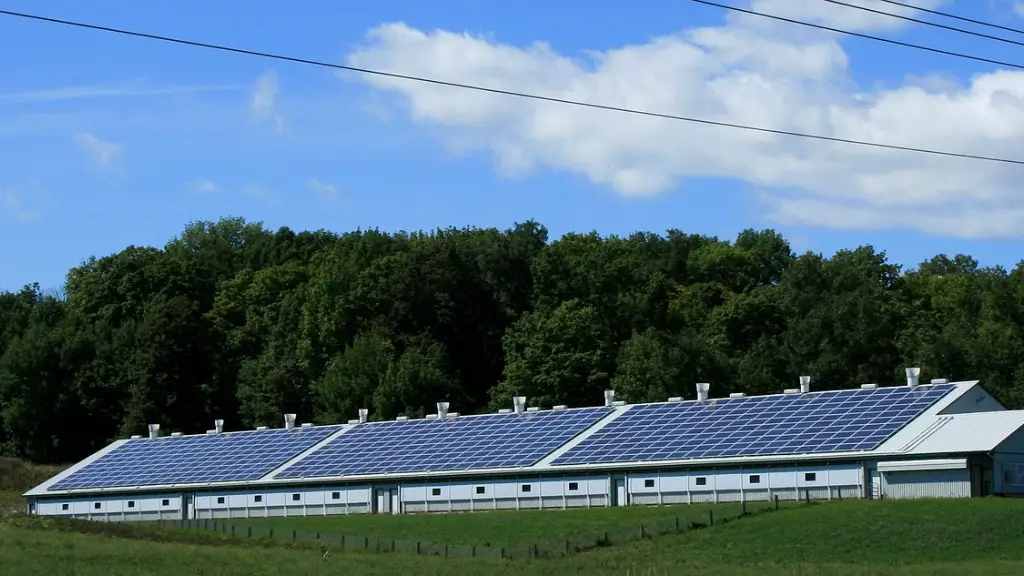Global warming poses a significant threat to the planet, from increased sea levels to more intense storms and droughts. More recently, the impacts of global warming on agriculture – one of the major oxygen-producing economic sectors in the world – have surfaced. Farmers, agricultural researchers, and policy makers alike are struggling to understand how global warming will affect agricultural production and what strategies can be put in place to mitigate the potential impacts.
Perhaps unsurprisingly, extreme weather events, brought on by climate change, can have a very damaging effect on crops, with severe droughts, floods, and heat waves increasing their mortality while decreasing their chances of reaching maturity. Furthermore, changes in temperature and rainfall regimes can alter growing seasons, with droughts and periods of intense heat making the land difficult to farm. This can force many farmers to abandon their usual methods and switch to struggling crops that are better adapted to the changing environment.
Despite the current difficulties for agriculture, global warming could potentially have a positive effect on certain areas of the world, particularly at higher latitudes where higher temperatures could extend growing seasons. This could lead to new opportunities becoming available, particularly for certain crops that are hardy enough to survive in a changing climate. There is the potential for farmlands to expand, resulting in increased global food supply, though it is important to remember that climate change will affect each region differently.
Agricultural advancements can also help mitigate the effects of climate change whereby the latest technologies such as precision agriculture and water/energy monitoring systems can help farmers increase their yields while allowing them to work with faster growing and better adapted crops. For example, select scientific tools, such as satellite imaging, can help farmers better monitor land use and detect changes in temperature or moisture, enabling them to adjust their working practices accordingly.
What’s more, the agricultural sector is already taking steps to reduce the environmental impact of production processes by reducing the use of synthetic fertilizers and pesticides while focusing on more sustainable farming practices. These include the use of biodiverse rotations, utilizing cover crops, and implementing no-till farming methods which involve minimal disruption of the soil and help to reduce carbon emissions.
Ultimately, although global warming is a complex and multifaceted issue, it is clear that its influence on the agricultural sector must be managed carefully. Whether we are preparing for potential changes in weather events or utilizing modern technology to increase yields or reduce environmental impacts, as a global community, it’s essential that we adopt a proactive approach in order to secure our future food supply. Moreover, with global temperatures continuing to rise, it’s also essential to understand the potential consequences, both now and in the future, so that we can put measures in place to protect ourselves, our businesses, and our planet.

